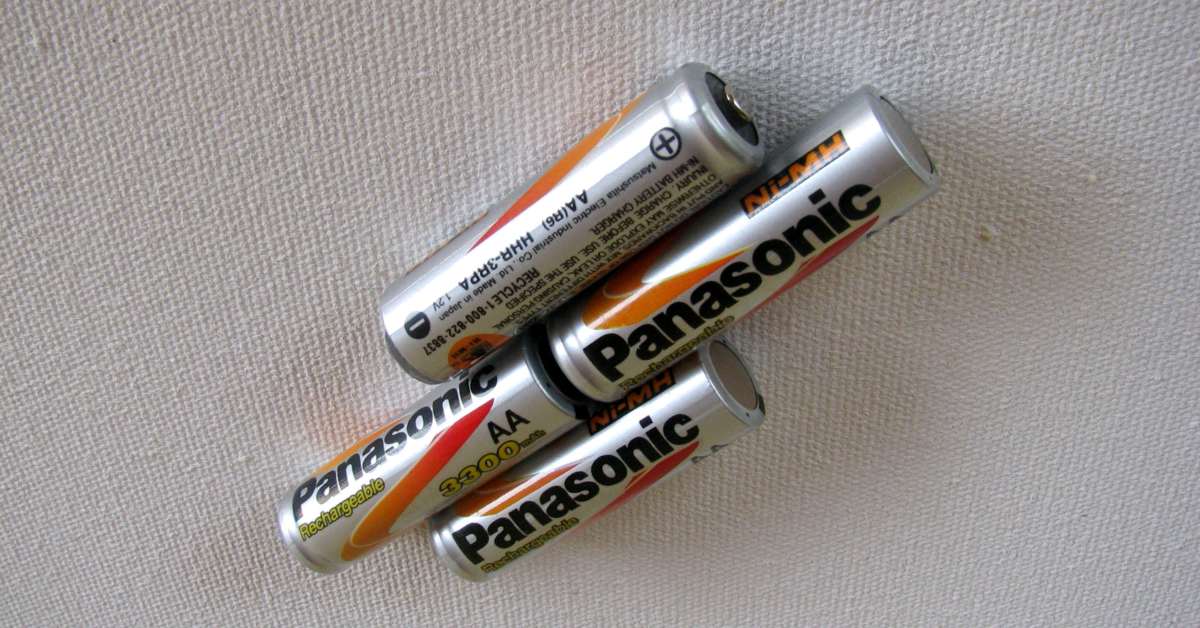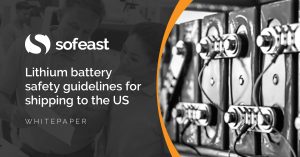Let’s say you buy an electrical product that is assembled by your Chinese supplier and they promise to purchase original batteries from a well-known company. Are you sure you will get what you pay for?
For the buyer, the question becomes:
“How to ensure our batteries are really made by Samsung, LG, or Panasonic?”
Are your batteries truly from Samsung, LG, or Panasonic?
Batteries often make up for a relatively high percentage of the overall product cost. The temptation is very strong for the supplier to substitute batteries from the local market (the cost is often 2-4 times lower) and to save a lot of money.
Knowing that they are original batteries made by Samsung or LG would ensure a level of safety and performance for your product and is a USP worth mentioning when selling to your customers.
Here is how to assess if your batteries are legitimate or if your Chinese supplier is trying to cut corners, and what to do if all else fails:
Can you tell if they’re legitimate just by looking at the markings on the batteries?
Sometimes, yes. The date code, the factory code, etc. might not follow the conventions of the original manufacturer. If you are a large buyer and you have a direct access to the original brand, call them and they can help you.
However, it is not foolproof. One can go to many Chinese battery manufacturers and request them to copy the appearance of a famous brand’s products. The risk for a Chinese manufacturer playing this game is relatively low.
Can you buy batteries directly from Samsung, LG, or Panasonic?
Chances are, you cannot, for two reasons:
- Your order quantity might be way too small (minimum order is often > 1 million pcs). You probably need to buy through a wholesaler/reseller/distributor.
- Your supplier will need to be the one that buys this component and export (with an export license), in order to claim a VAT rebate.
Can you locate an official distributor of the famous brand you wish to buy batteries from, and ensure your supplier buys the right SKUs from that distributor?
To a certain extent, yes. If all parties are cooperative, you can get confirmation from the distributor that your supplier orders the right quantity.
There might be a couple of obstacles, though.
- The official distributor relies on local employees who can be tempted to swap, say, 10% of their expensive inventory for cheaper alternatives, as a way to multiply their income by 10. They can get very creative here – for example, hiding some goods in the middle of wooden pallets.
- We have been involved in cases where the distributor is not willing to share any information with the end customer.
If the steps I listed above are not workable, What is the best approach?
The best is to test the batteries’ operating properties:
- What is their charge/discharge curve?
- What is their impedance?
- When several batteries are tested, how consistent are the findings?
These are not complicated tests. We have done this for a number of clients. All it takes is a battery charging testing equipment, an engineer to do the proper setup, and in some cases a custom fixture.
Testing the lifetime of the cell (over at least 100 cycles, and ideally 300 cycles) is a more advanced option, in order to verify performance, and this might be needed too.
Any other risk?
- Many batteries are ‘no brand’ or ‘local brand’. As the buyer, you can still be cheated. For example, the material might be different. Disassembling a battery layer by layer, to compare with an approved original, is possible. However, when lithium is involved, it is not safe!
- The batteries might not comply with the parameters you approved. That’s usually caught by testing (see previous sections).
Learn more about testing batteries
We’ve created a whole 6 part video playlist about testing batteries which is specifically for importers who’re importing electronic devices from China and Asia.
You may like to get started with:
Image credit: Xenia and CC license
Lithium-Ion Battery Safety Guidelines For US Imports
Sofeast’s Lithium ion battery safety guidelines for US imports whitepaper is aimed at manufacturers who are producing goods requiring these batteries in China and Asia and seeking to ship them to the USA for sale. In it, we cover everything you need to know about shipping these batteries to the USA, including recalls, product & transport safety, compliance recommendations, and more.
Get your free copy by hitting the link or button below:


